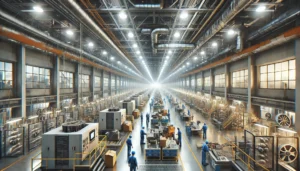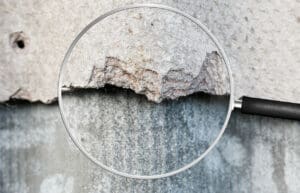Blog
Post Highlight
Death By Dust: The Facility Manager’s Overlooked Battle
The Silent Killer Air ducts aren't something most facility managers think about every day-until they start slowing down operations or causing expensive breakdowns. But here's the truth: dust, debris, and contaminants in your ducts can be silently choking your equipment and efficiency, leading to costly repairs, reduced equipment lifespan, and even safety hazards. 1. How Dirty Ducts Strangle Your HVAC System Your HVAC system depends on ...
Read More Detecting Asbestos
Is this Asbestos? A visual inspection of your home is usually insufficient to determine if it contains asbestos. Instead, samples of suspected asbestos fibers should be sent to ...
Read More Before You Hire an Asbestos Professional
Before You Hire an Asbestos Professional Avoid a conflict of interest. An asbestos professional hired to assess the need for asbestos repair or removal should not be connected ...
Read More How Could You Be Exposed to Asbestos?
How can you be exposed to asbestos? Asbestos fibers may be released into the air by the disturbance of asbestos-containing material during product use, demolition work, building or ...
Read More Zonolite Asbestos Attic Insulation Trust
The Zonolite Attic Insulation Trust was passed Feb. 3, 2014. The Trust may provide a reimbursement contribution of 55% of the abatement cost for eligible Claimants up to ...
Read More Are you curious what items may contain asbestos in your business or home?
The following is a general list of materials that have been found to contain asbestos. This is not an all-inclusive list. It is more likely to be found ...
Read More Is Your Dust Combustible
Combustible dust awareness continues to be a very serious topic when associated with manufacturing facilities. Common materials involved in combustible dust buildup include grain, flour, sugar, powdered milk, ...
Read More - « Previous
- 1
- 2
- 3


